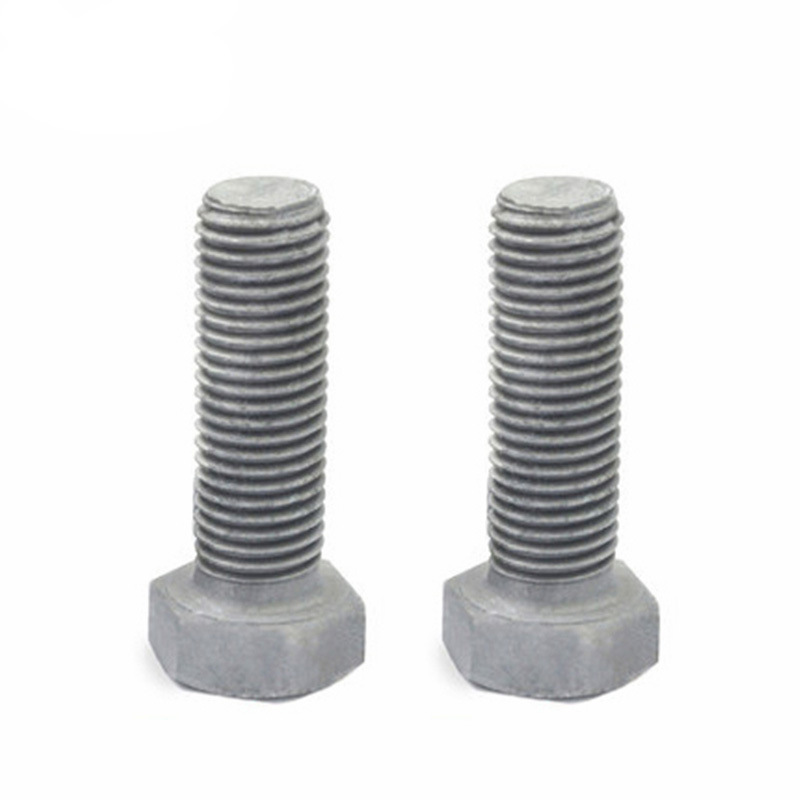

Understanding Self-Tapping Screws for Efficient Fastening and Construction Applications
10월 . 21, 2024 23:53 Back to list
Understanding Self-Tapping Screws for Efficient Fastening and Construction Applications
Self-Tapping Screws An Essential Fastening Solution
In the world of construction and manufacturing, the choice of fasteners can significantly impact the efficiency and durability of a project. Among various fastening options, self-tapping screws have emerged as a preferred solution for many applications. This article explores the benefits and features of self-tapping screws, emphasizing their versatility and ease of use.
Self-Tapping Screws An Essential Fastening Solution
One of the main advantages of self-tapping screws is their versatility. They are available in various sizes, materials, and coatings, enabling their use in diverse applications — from automotive and construction settings to electronics and appliance manufacturing. Stainless steel self-tapping screws are particularly favored for outdoor applications due to their enhanced corrosion resistance. Similarly, screws coated with materials like zinc or black oxide offer additional protection against environmental factors, ensuring longevity and reliability.
self tapping screws 2 1 2

The installation process for self-tapping screws is straightforward, which is another reason for their popularity. By using a power drill or a screwdriver, one can easily and quickly install these screws without extensive preparation. This ease of use not only streamlines the assembly process but also reduces labor costs, which is crucial for businesses focused on efficiency and budget management. Additionally, if a project requires disassembly, self-tapping screws can be removed and reused, adding to their economic value.
Moreover, self-tapping screws maintain secure fastening even under stress. Their ability to form threads in the material they penetrate ensures a tight fit, which is essential for structural integrity and safety in various applications. In scenarios where vibrations or movements might loosen traditional screws, self-tapping screws provide a more reliable solution.
When it comes to choosing the right self-tapping screw for a particular project, it is essential to consider the material thickness, the type of material being fastened, and the load it will bear. For instance, a thread-forming screw may be appropriate for softer materials, while a thread-cutting screw is better suited for harder materials such as steel. Depending on the application, the length, diameter, and head type of the screw need to be evaluated to ensure optimal performance.
In conclusion, self-tapping screws represent a vital component in the toolkit of anyone involved in construction or assembly work. Their ability to create their own holes, coupled with the ease of installation and versatility, makes them an invaluable asset. As industries continue to evolve towards more efficient and cost-effective solutions, self-tapping screws will undoubtedly remain at the forefront of fastening technologies. By understanding their features and applying them appropriately, professionals can ensure the strength and reliability of their projects, leading to successful outcomes in various fields.
Latest news
-
Hot Dip Galvanized Bolts-About LongZe|High Strength, Corrosion Resistance
NewsJul.30,2025
-
High-Strength Hot Dip Galvanized Bolts - Hebei Longze | Corrosion Resistance, Customization
NewsJul.30,2025
-
Hot Dip Galvanized Bolts-Hebei Longze|Corrosion Resistance&High Strength
NewsJul.30,2025
-
High-Strength Hot-Dip Galvanized Bolts-Hebei Longze|Corrosion Resistance&High Strength
NewsJul.30,2025
-
Hot Dip Galvanized Bolts-Hebei Longze|Corrosion Resistance&High Strength
NewsJul.30,2025
-
Hot Dip Galvanized Bolts - Hebei Longze | Corrosion Resistance, High Strength
NewsJul.30,2025

